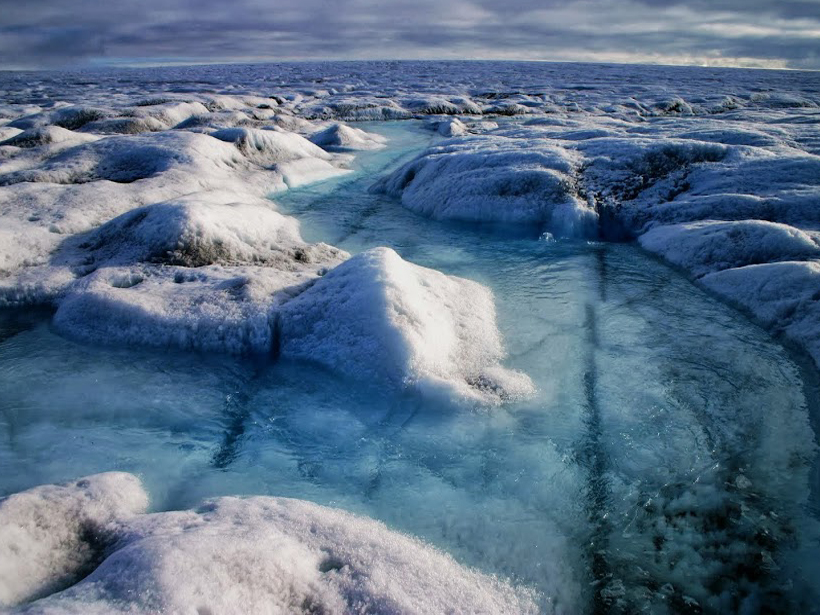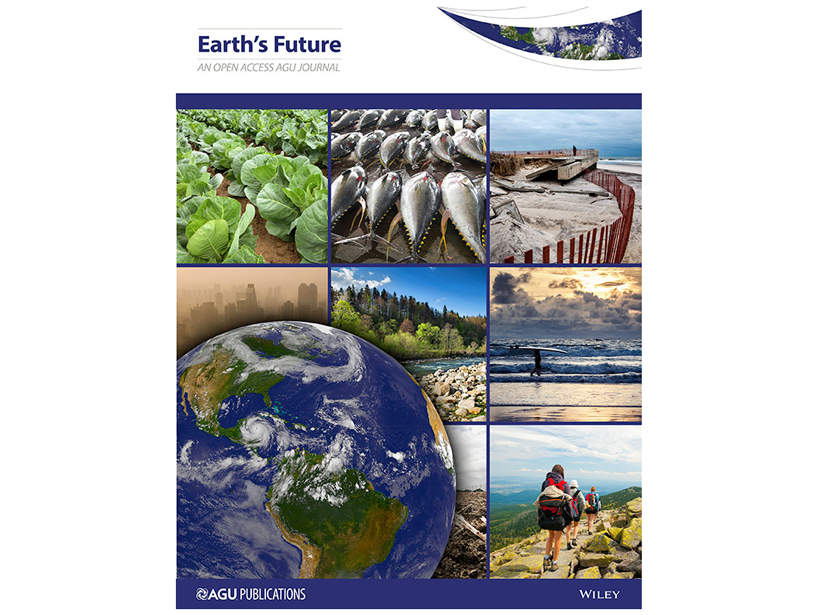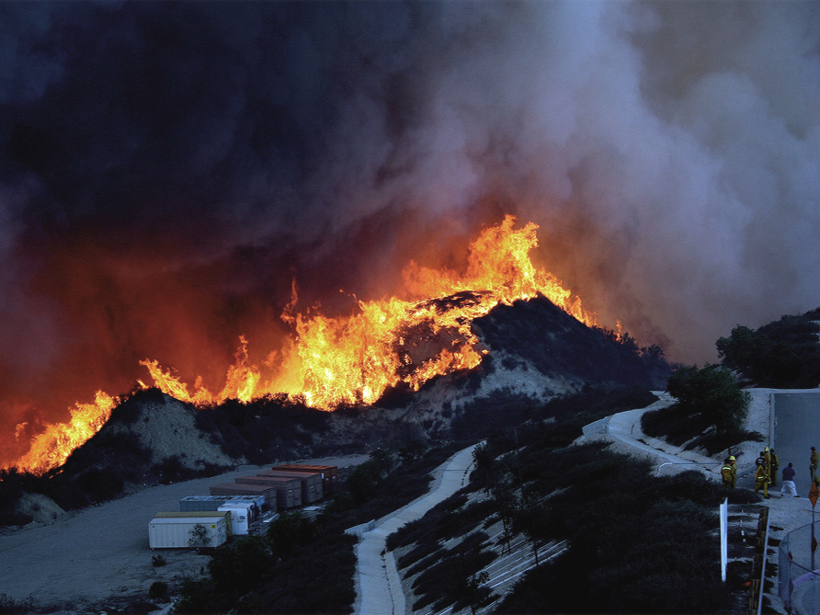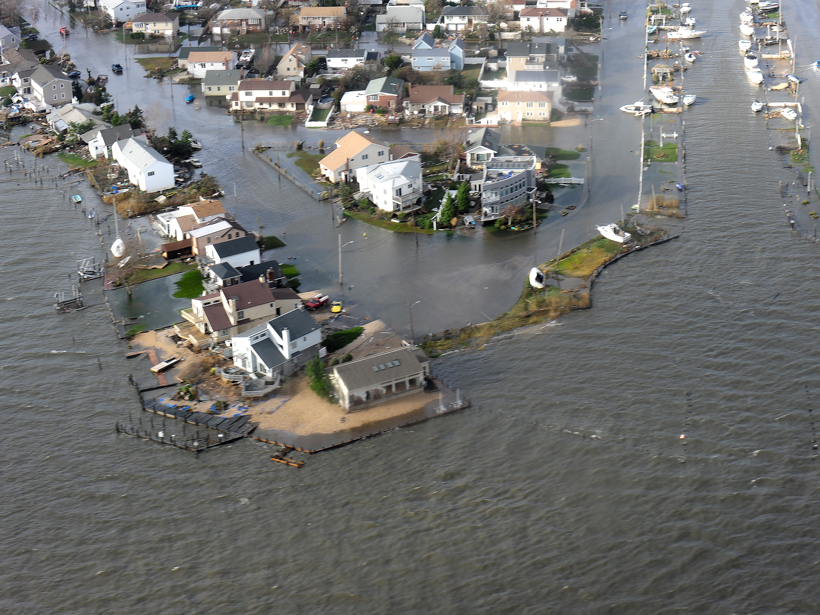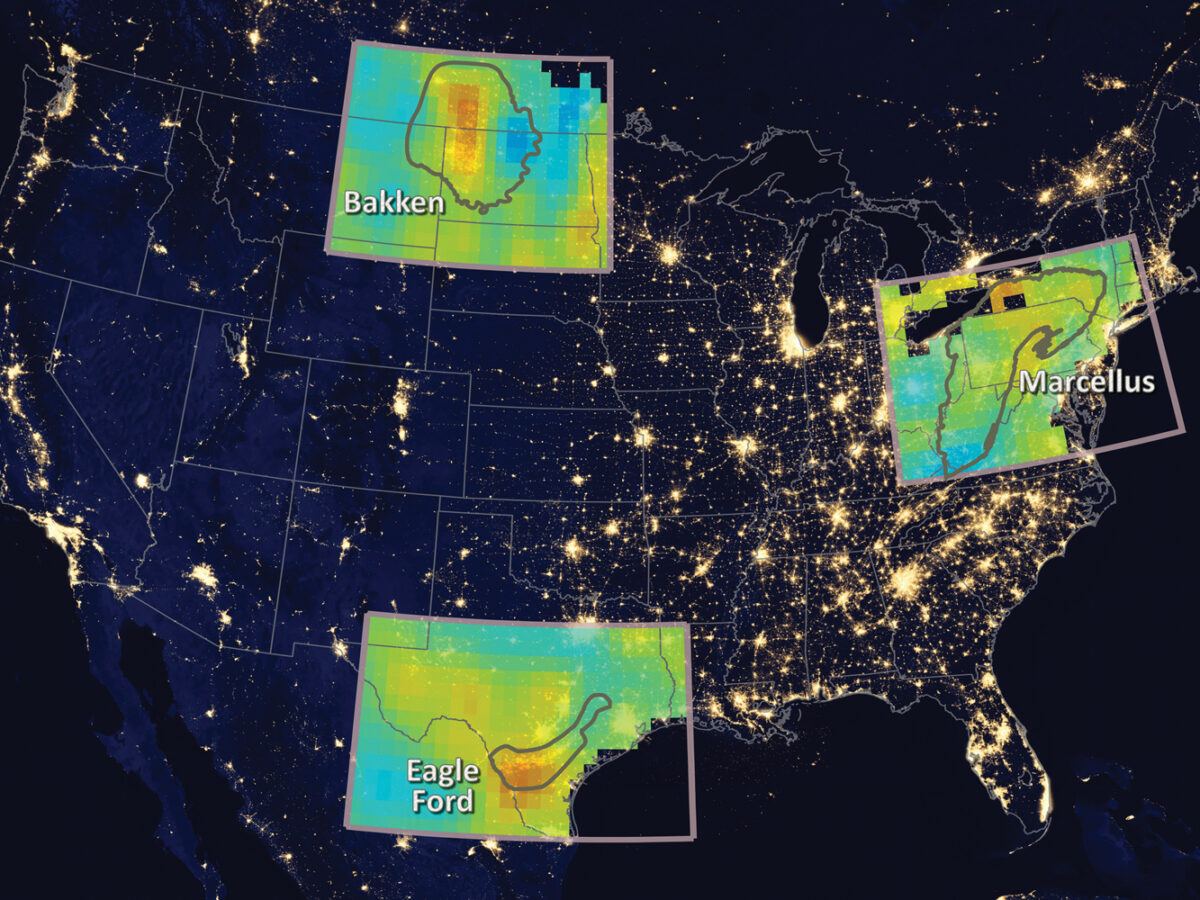Legacy words and the search of a new human-environment dynamic
Earth’s Future
Antarctic Meltwater Makes the Ocean Warmer and Fresher
Scientists model how Antarctic meltwater from specific locations could affect the Antarctic Bottom Water, ocean temperatures, and salinity.
Climate Models Predict Diverse Arctic Ocean Shipping Routes
As ice melts, multiple models yield more detailed route predictions than any single model alone.
Sea Level Rise Due to Warming, Weakening of Greenland Glaciers
Increasing ice temperatures and decreasing ice viscosities could lead to "thermal-viscous collapse" of the Greenland ice sheet, raising sea levels as much as 51 centimeters over the next 500 years.
To Help Fix the Hole in the Ozone Layer, Just Add Ice
Computer simulations show that adding tiny droplets of ice to the atmosphere during the spring could help eliminate chlorofluorocarbons and repair the hole in the ozone layer.
Earth’s Future: Now Indexed in Web of Science
One of AGU's newest journals is highly rated.
Regional Nuclear War Could Cause a Global Famine
A detonation of less than 0.03% of the current global nuclear arsenal could cause fires that clog the air with soot. This soot could block solar radiation, leading to worldwide crop shortages.
Tipping Point for Nuisance Coastal Flooding May Come by 2050
By midcentury, many U.S. cities along the Mid-Atlantic, Gulf, and West coasts may experience 30 or more days a year with minor flooding.
Methane Leaks from Oil and Gas Fields Detected from Space
Methane hot spots were detected in the atmosphere near North Dakota’s Bakken formation and the Eagle Ford formation in Texas after oil and gas production ramped up starting in 2009.


